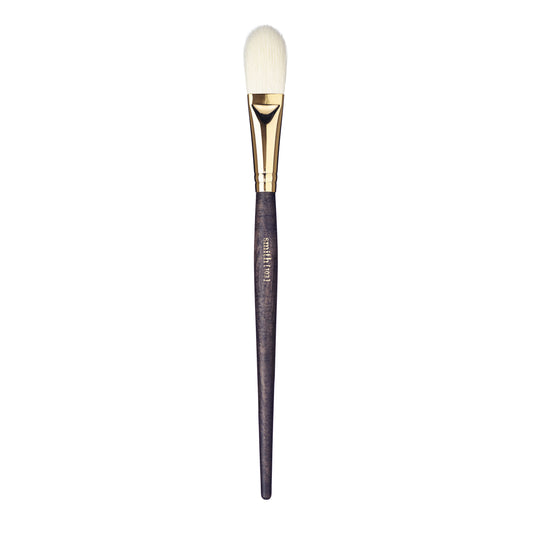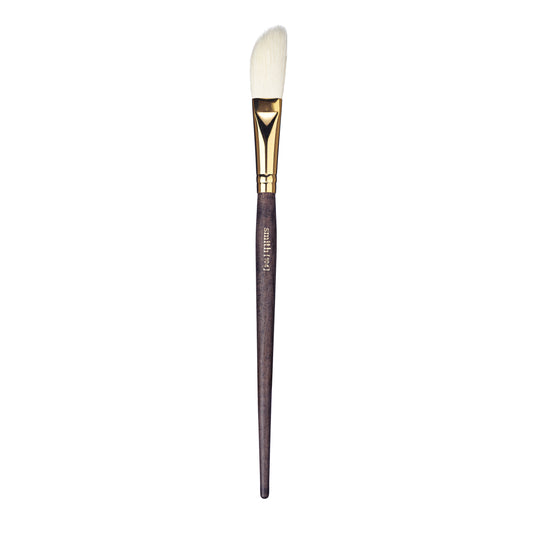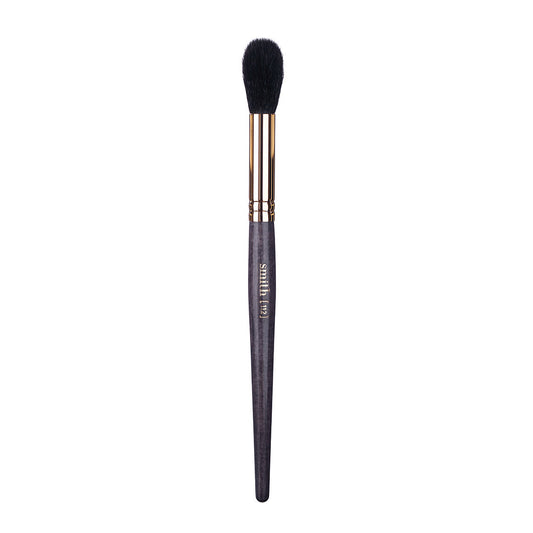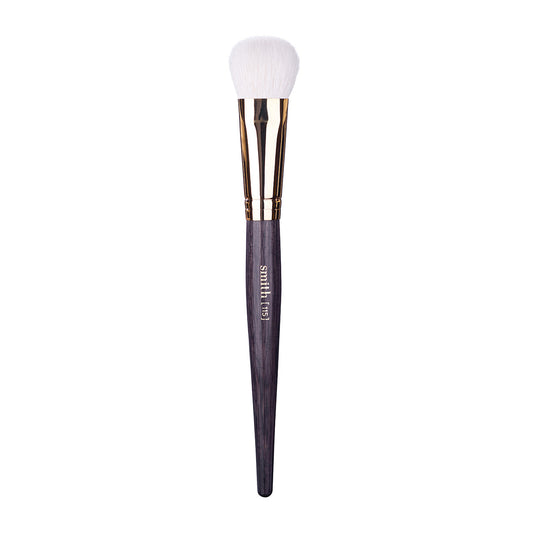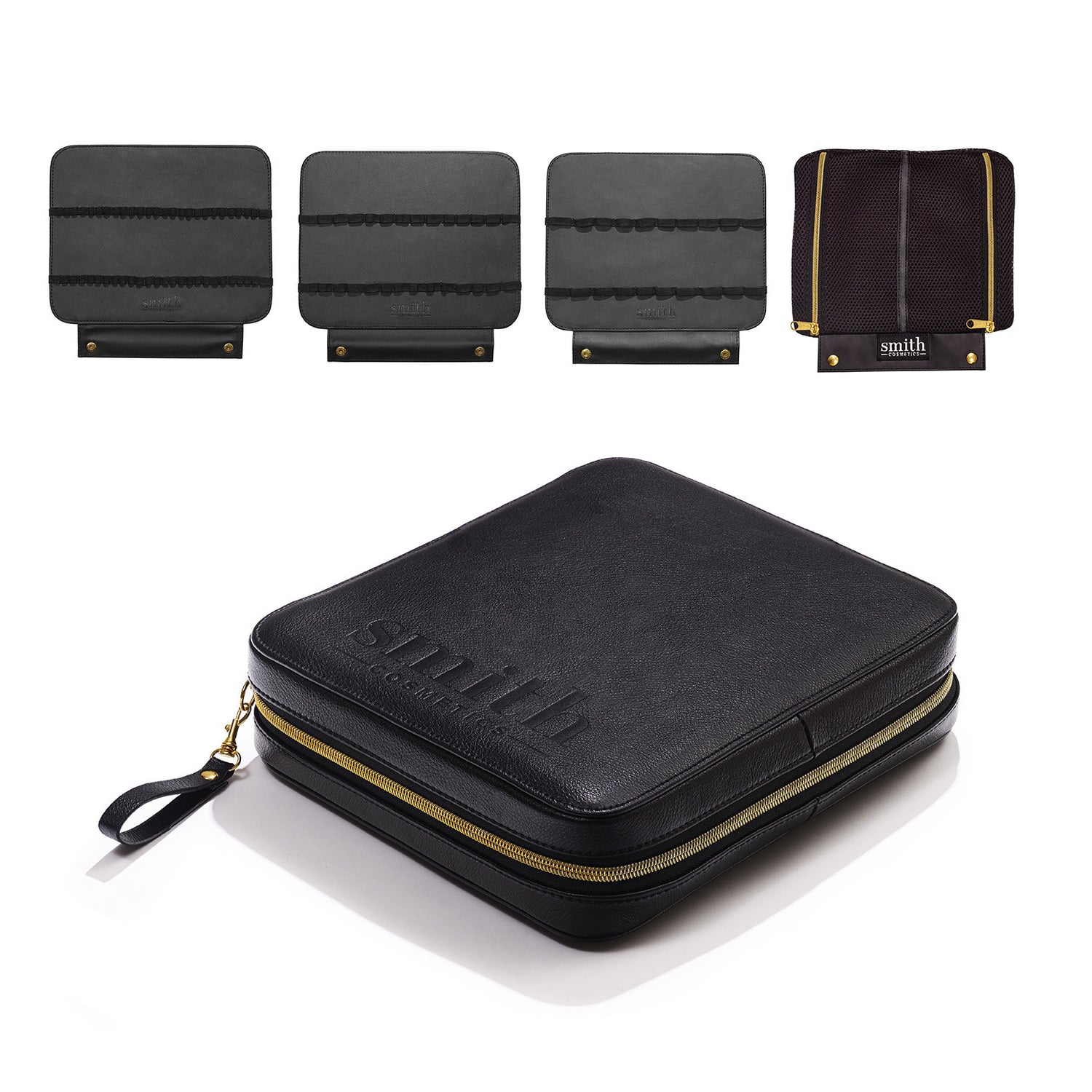Makeup brushes are essential tools for any beauty enthusiast. Whether you're a professional makeup artist or someone who enjoys applying makeup at home, ensuring that your brushes are clean and well-maintained is vital for both your skin's health and the longevity of your tools. Unfortunately, many people neglect this critical step, leading to a buildup of bacteria, oils, and old makeup that can affect your skin and the performance of your brushes.
Why Cleaning Makeup Brushes is Essential
Makeup brushes come into contact with your skin daily, picking up oils, dead skin cells, makeup residue, and environmental pollutants. Over time, these contaminants accumulate, creating a breeding ground for bacteria. Regularly cleaning your makeup brushes isn't just a matter of extending their lifespan—it’s also crucial for your skin’s health.
What’s the best way to clean makeup brushes? The best way is to establish a regular cleaning routine using gentle but effective cleaning methods. When makeup and oils clog your brushes, it affects their performance, making it harder to blend products evenly. More importantly, dirty brushes can transfer bacteria onto your skin, causing breakouts and irritation. Keeping your brushes clean ensures both optimal performance and hygiene.
Smith Cosmetics understands the value of high-quality brushes, and that’s why we've designed our line to last, even with regular use and cleaning. However, like all tools, proper care is essential for keeping them in top shape. So, what's the best way to clean your makeup brushes? Let's break it down step by step.
Step-by-Step Guide: How to Clean Makeup Brushes
Step 1: Gather Your Supplies
Before you start cleaning your brushes, it's essential to have the right materials on hand. You don’t need expensive tools or fancy products—many household items work just as well. Here's a list of supplies you can use:
- Mild soap (baby shampoo works great) or a brush-specific cleanser
- Lukewarm water
- Brush cleaning pad (optional but helpful for deep cleaning)
- Clean towel for drying
What should I clean my makeup brushes with? The answer depends on your preference, but mild soap or a gentle, brush-specific cleanser is ideal. Avoid harsh chemicals that can strip the bristles or damage the glue that holds them together. Lukewarm water is best because hot water can loosen the glue in the brush handle, causing the bristles to shed over time.
Step 2: Cleaning the Brushes
Now that you have your supplies ready, it's time to start cleaning your brushes.
- Wet the bristles of your brush with lukewarm water, ensuring you only wet the bristles and not the metal ferrule or brush handle. Water can seep into the glue holding the bristles in place, weakening them over time.
- Apply a small amount of cleanser to the bristles. If you’re using a solid brush cleaner or soap, swirl the wet brush over the soap in a circular motion.
- Gently massage the bristles to work the cleanser through them, loosening up the makeup and oils. If you have a brush cleaning pad, use it to help dislodge stubborn residue.
- Rinse the bristles under lukewarm water, ensuring all the soap is thoroughly washed out.
- Squeeze out excess water, but be gentle—you don’t want to tug or pull on the bristles, as this can lead to shedding.
How to clean makeup brushes at home doesn’t require professional tools—just a bit of time and care! This method works well for both natural and synthetic bristles, ensuring a deep clean without damaging the brush fibers.
Step 3: Drying the Brushes Properly
After cleaning your brushes, proper drying is just as important as the cleaning process itself.
- Reshape the bristles after washing them. This step is crucial to maintaining the shape and performance of your brushes.
- Lay the brushes flat on a clean towel to dry. Make sure the bristles hang off the edge of a counter or table to allow airflow around them.
- Avoid drying the brushes upright, as water can seep down into the handle, loosening the glue and causing bristle fallout.
Patience is key—allow your brushes to dry completely before using them again, as damp brushes can harbor bacteria.
Best Practices for Maintaining Your Makeup Brushes
What’s the best way to clean makeup brushes? The answer lies in consistency and care. Cleaning your brushes regularly keeps them free from bacteria, makeup residue, and oils that can degrade the bristles over time.
- For heavy makeup users, clean your brushes at least once a week.
- If you’re a casual user, cleaning every two weeks should be sufficient.
- Avoid using hot water or harsh cleansers, as they can damage the brush bristles and weaken the glue.
Smith Cosmetics’ high-quality makeup brushes are designed to withstand regular cleaning without losing their shape or softness. Following these best practices will keep your brushes in top condition for years to come.
How to Store Makeup Brushes in the Smithfolio Makeup Bag
Using the Smithfolio Makeup Bag is simple and ensures that your brushes are stored securely. Here’s how to make the most of this premium accessory:
- Organize your brushes by size and type using the removable plates in the bag.
- Store brushes separately from makeup products to avoid cross-contamination. The Smithfolio’s innovative design allows for both sections to be used independently.
- The leather exterior provides durability and protection, keeping your brushes safe from external damage, whether at home or during travel.
The Smithfolio bag offers more than just protection—it’s a stylish and functional accessory for any makeup lover who values their tools.
Conclusion
Regularly cleaning and properly storing your makeup brushes is crucial to maintaining their quality and ensuring they last as long as possible. The combination of a consistent cleaning routine and safe storage using the Smithfolio Makeup Bags will help keep your brushes in top shape, ensuring flawless makeup application every time.
FAQs
FAQ 1: How often should I clean my makeup brushes?
Answer: For heavy users, cleaning your brushes once a week is ideal. Casual users can clean them every two weeks.
FAQ 2: What products are safe to use for cleaning makeup brushes?
Answer: Mild soap, baby shampoo, or a brush-specific cleanser is safe and effective for cleaning makeup brushes.
FAQ 3: Can I use the Smithfolio case for other storage purposes?
Answer: Yes! The Smithfolio is versatile and can be used to store other beauty products, ensuring everything is organized and easy to access.
By following these guidelines, you can keep your makeup brushes in excellent condition, ensuring flawless makeup application every time while extending the life of your tools.





